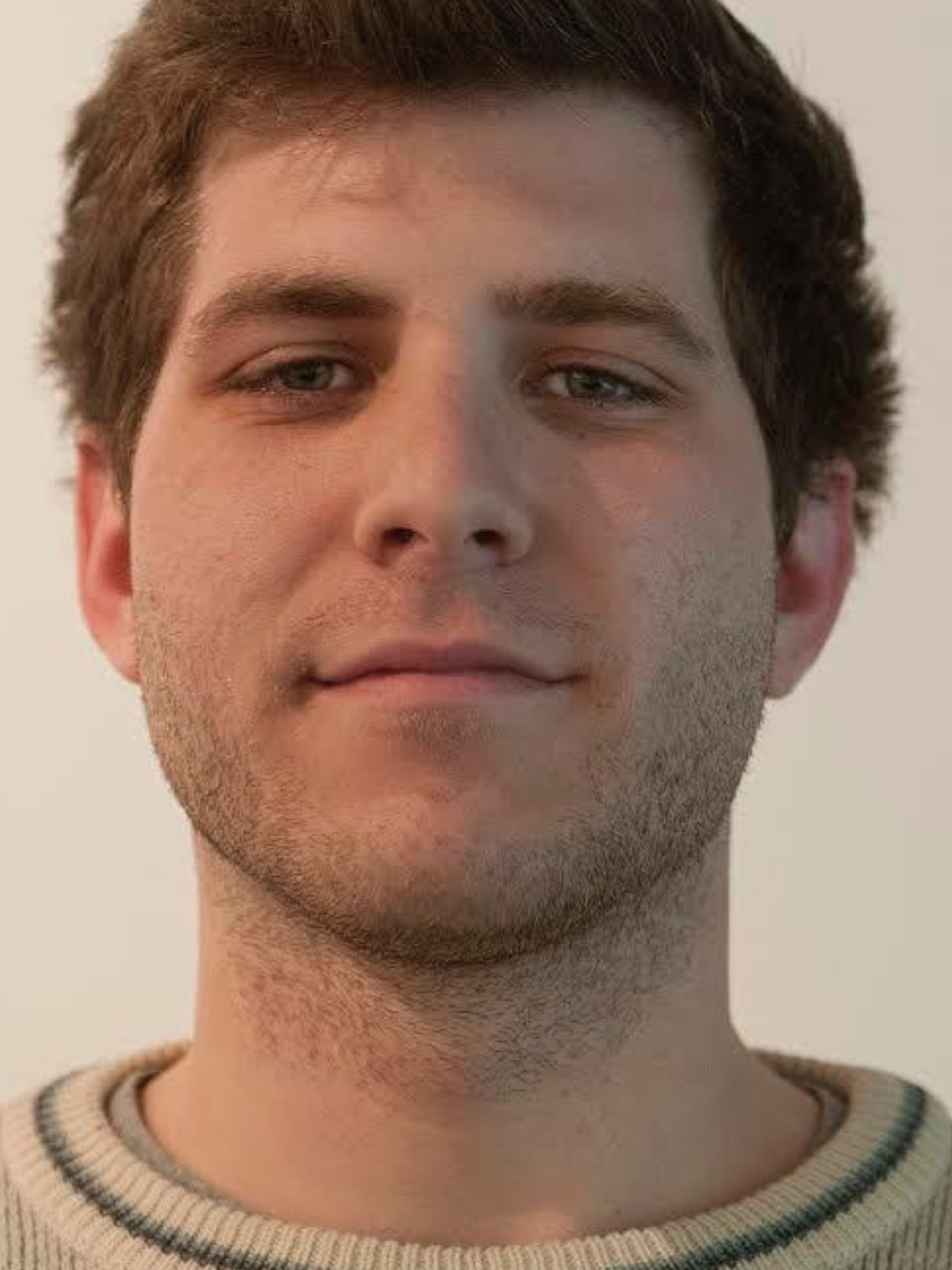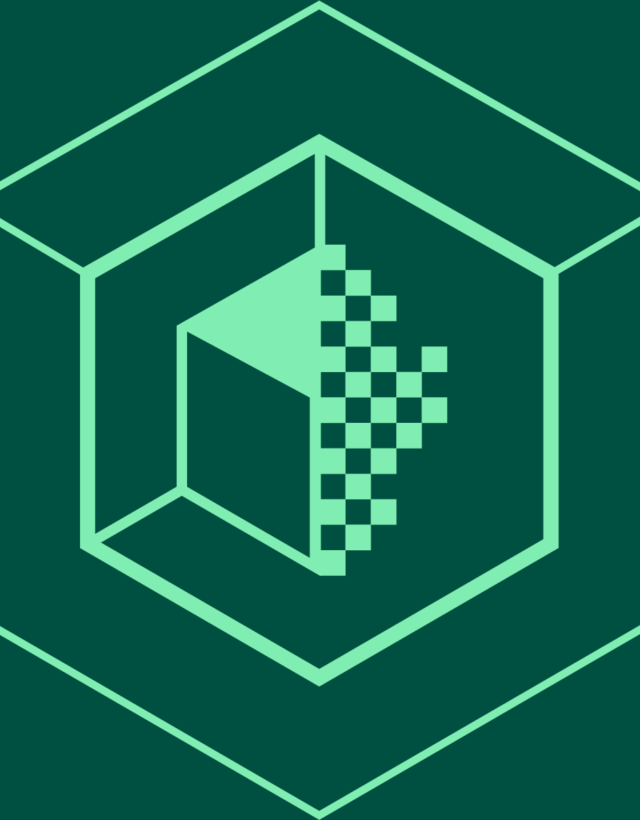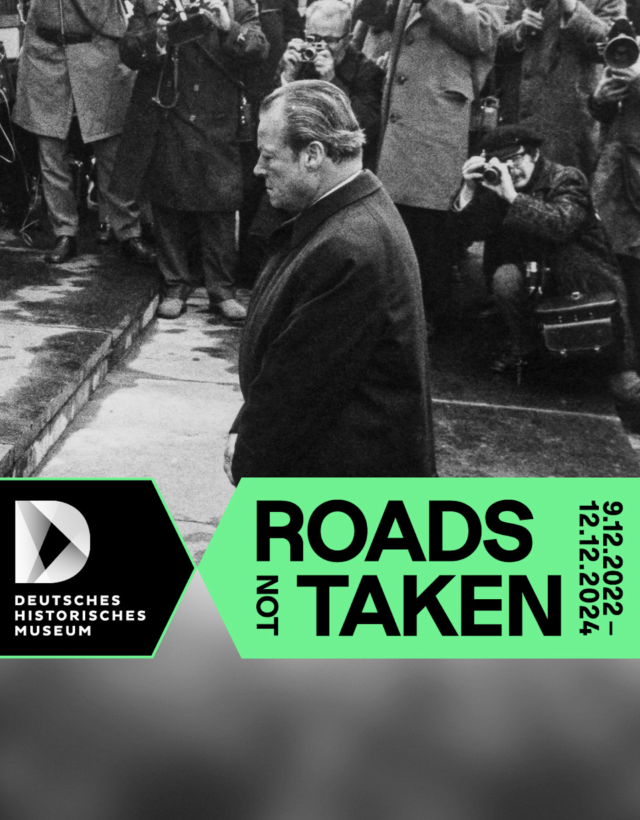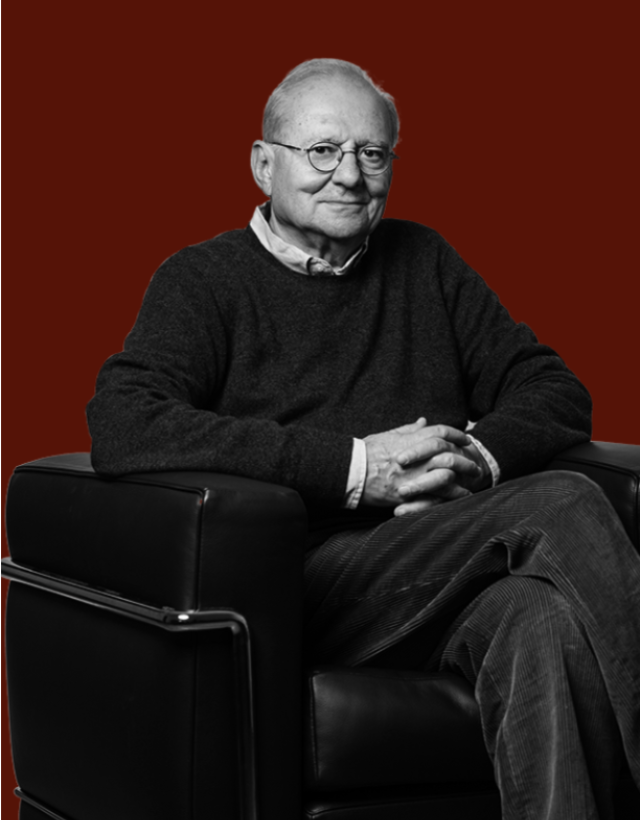
Homebase: Catawba Nation, South Carolina, United States
Job title: Consultant
DeLesslin George-Warren is a queer artist, researcher, and organizer from Catawba Indian Nation. His wide ranging work encompasses performance art, installation art, community education as well as food sovereignty and language revitalization. From 2017 to 2019, he was the Special Projects Coordinator for the Catawba Cultural Preservation Project where he facilitated the Catawba Language Project, which involved developing and programming online digital assets such as the Catawba Language App; several food sovereignty initiatives; and other community education projects. Since 2019, DeLesslin has continued to work for his tribe as a consultant on many projects. He has performed, lectured, and exhibited throughout the United States including at the Utah Museum of Fine Arts, the College of Charleston, Vanderbilt University, Ithaca College. In 2018, DeLesslin was recognized as a “40 Under 40” by the National Council on American Indian Enterprise Development. In 2017, he was selected as a Dreamstarter by Running Strong for American Indian Youth and in 2016 he was recognized as a “25 Under 25” by United National Inter Tribal Youth Inc. He is an alumnus of Vanderbilt University, graduating with a bachelor’s degree in Music, a Humanity in Action Senior Fellow as a 2014 Copenhagen Fellow, and a participant in Columbia University’s Indigenous Studies Summer Program. Some of his work can be seen at delesslin.com.
Despite living in a time of rapidly developing technologies, many communities, particularly indigenous communities, still do not have access to basic technologies such as computers and Wi-Fi.
This problem is called the 'Digital Divide' and is labeled as a problem of infrastructure (for example, have broadband internet cables and cellular towers been installed in a community?). Many native communities are actively addressing this through infrastructure investments. However, other issues still remain, such as digital literacy (for example, does someone with access to a computer and the internet know how to use it?).
Aside from infrastructure and literacy, the third area of concern is the lack of representation in the development of technology. According to various assessments, Native Americans represent 0.03% or less of Science, Technology, Engineering, and Math (STEM) workers in the United States, despite these communities having unique technological needs and concerns that are often misunderstood by non-Native people. Furthermore, when Native communities collaborate with non-Native technologists the resulting products are usually proprietary, meaning that a company or individual owns that technology. This means that even if a community has the capacity to edit or adapt technology to their needs, they may be legally unable to modify the already existing products.
Thankfully, there is already an alternative model being used to power the entire internet: the open source model. Open source licensed software is software that can be used by anyone for any reason including copying and editing. During the course of the fellowship, DeLesslin will work with five native technologists to support their work in creating Open Source projects to address the needs of their community. The code for these projects will be made publicly available with accompanying tutorials so that both experienced and beginner technologists can adapt these projects to their own community. The project involves discussing:
- How cultural histories and traditions can reframe open source software
- Which particular challenges and opportunities exist for tribal communities to exercise digital sovereignty, i.e. the right of a community to control its digital technologies
- How we can continue building networks of innovative Indigenous designers, developers, artists, and technologists


